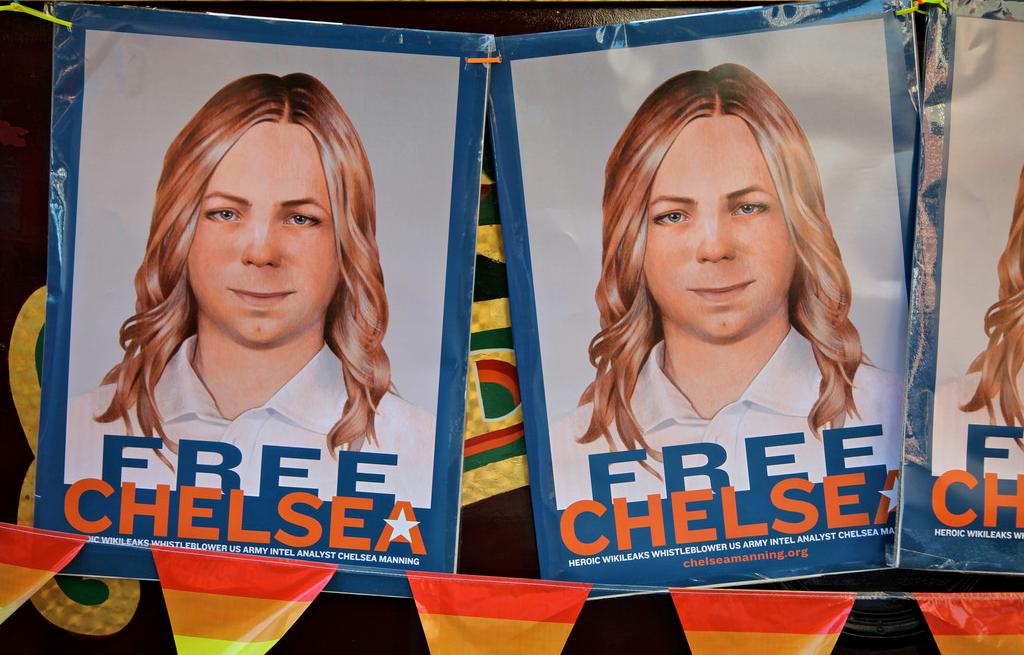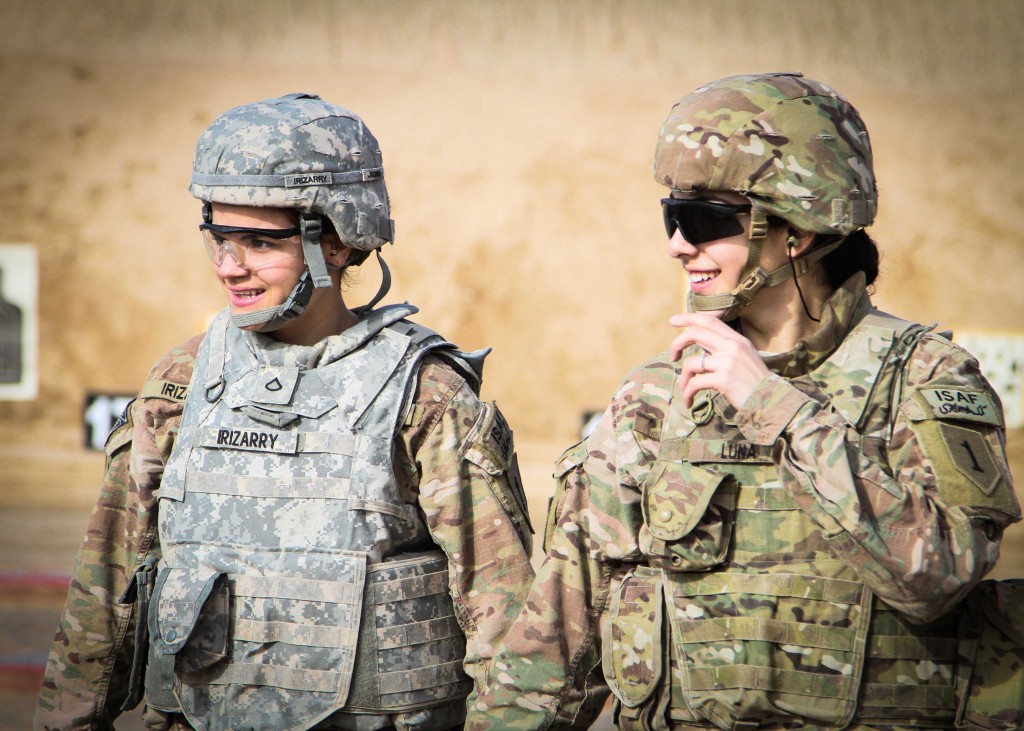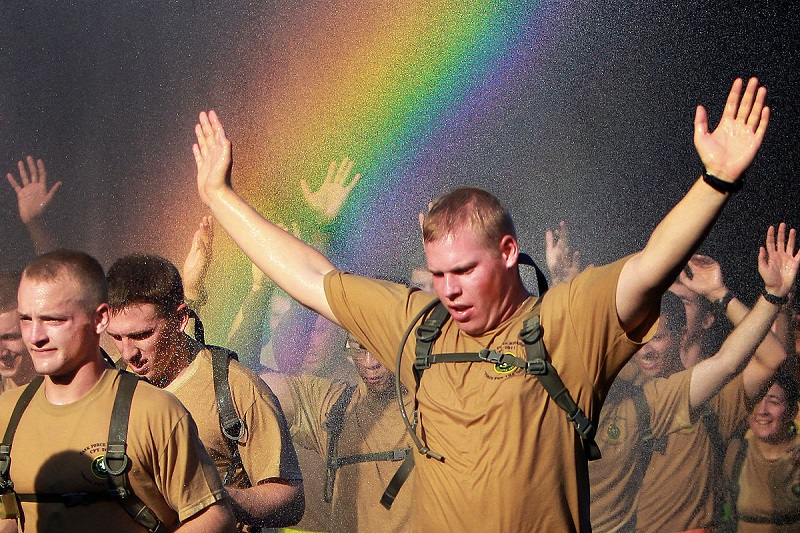In one of his final acts as President of the United States (POTUS), Barack Obama has commuted the sentence of former-Private First Class Chelsea Manning, best known for contributing over 700,000 classified US military documents to Wikileaks. This move has generated a global uproar and reignited the longstanding debate on security and privacy of information. Her supporters have commended the move as a victory for civil rights, while critics have said that Obama supported someone whose actions were traitorous, indefensible, and put American lives at risk.
The commutation of Chelsea Manning’s sentence has scheduled her for release from prison on May 17, 2017, 120 days after the commutation. Manning has been in custody over the Wikileaks documents since 2010, and received a court martial in 2013. The judge of the military court dishonourably discharged Manning, at the time still known as Bradley, from the US Army and sentenced him to 35 years of prison. In 2014, Manning legally changed her name to Chelsea Elizabeth Manning and formally requested assistance in getting gender reassignment surgery. At the time, transgender people were banned from serving in the US military, though a federal judge ruled she had a right to the procedure.
Manning served as an Army intelligence operative in Iraq with access to classified information. While serving, Manning was responsible for leaking diplomatic cables, classified documents, and videos which revealed various illegal activities and cover-ups by the US government. These include, to name just a few: spying on top UN officials, knowingly bombing civilian journalists in Iraq, and masking the true civilian death toll of the ongoing war in Iraq as well.
In one of the largest releases of state secrets ever, the leak also included sensitive information about diplomatic relations between US and its Middle Eastern allies, and strategic information about US troops on the ground in Iraq. The controversy surrounding the release shows how the ideals of democracy and national security have been placed at odds with one another.
Manning’s time in prison at Fort Leavenworth, Kansas, has included nine months of solitary confinement for 23 hours per day. According to her lawyers, she has also been forced to maintain the appearance of a male to a large degree and has been repeatedly denied access to health care. In 2015, Manning went on a hunger strike, after which point the Army agreed to support her gender transition therapy. She has also made two suicide attempts in July and October of 2016.
As discipline for her actions in prison, Manning was put under special observation and received further time in solitary confinement. Leading up to the second suicide attempt, she claimed she was the target of “a bizarre psychological attack” in which fraudulent prison guards staged a prison break and allegedly tried to lure her into escape or criminal behaviour. The Army denied this had ever happened.
The shortening of the sentence raises questions about Obama’s intentions and whether he will show the same leniency on behalf of the US government to other high-profile whistleblowers such as Edward Snowden or Wikileaks founder Julian Assange. Officials from the Obama’s administration have not commented on a reason for the commutation beyond Obama feeling that Manning has served enough time already. Manning’s 35-year sentence is a historic high for the release of state secrets.
Manning’s story has received much attention regarding her human rights and dignity as a person, and many feel that this was among Obama’s considerations. Manning suffered from gender dysphoria while serving in Iraq, which resulted in mental and behavioural issues that superiors noticed but may have overlooked out of a pressing need for intelligence.
While the commutation may have been an act of mercy, it does not necessarily condone her actions. A sentence commutation is not a pardon; it does not remove her criminal record. There is no guarantee that Manning will be free from controversy after serving the remaining 120 days. She plans to continue her lawsuit and pursue her right to finish her gender transition, which may bring her more complications in the future. She faces an uphill battle for her gender status to be accepted among the military, government, and the general public in the US and other Western countries.
Obama’s move may set dangerous precedents, some government officials and security experts warn, for the use of Presidential authority to undermine an independent judicial process, and for encouraging further dissent from within the ranks of the military and intelligence communities. However, from a political perspective, the move makes sense.
It is unlikely that Obama will be lenient Snowden or Assange in the same vein as Manning. As a BBC report points out, Snowden cannot be pardoned because he has not officially admitted guilt in the eyes of the law. Furthermore, the US does not have a formal extradition request for Assange, who has been in asylum in the Ecuadorian Embassy in London since late 2012.
Both whistleblowers have indicated that they may face Obama. Snowden has said he would return to the US if given a fair trial; Assange has also said he would come to the US if the government released Manning (14). However, with neither of them currently on American soil, Obama would be hard-pressed to change their status in relation to the US legal system in his small time left in office.
Ultimately, the decision is as much about Obama’s legacy as it is about Manning’s human rights or national security. Obama has been outspoken about human rights and civil liberties throughout his Presidency. However, many commentators point out that his record falls far below his ideals. He is responsible for expanding US military efforts on multiple fronts, and has not closed the Guantanamo Bay prison in Cuba in accordance with his 2008 campaign promise. However, in his final days, Obama is abiding by his principles while also putting pressure on others who have been accused of undermining US security to come forward and face the law. He is expressing what he believes to be fair after eight years of political gridlock in Congress over matters of civil liberties and national security. The question that remains now is whether this sort of principled approach will matter at all when the new government of the US comes in.
Photo: “Free Chelsea” at San Francisco Pride Parade (2014) via Flickr. Licensed under CC BY-ND 2.0.
Disclaimer: Any views or opinions expressed in articles are solely those of the authors and do not necessarily represent the views of the NATO Association of Canada.




